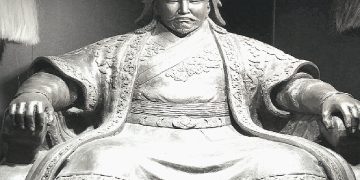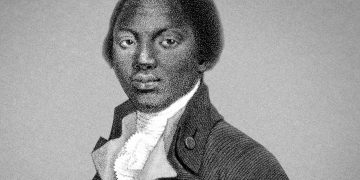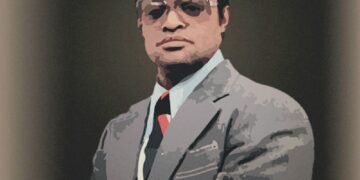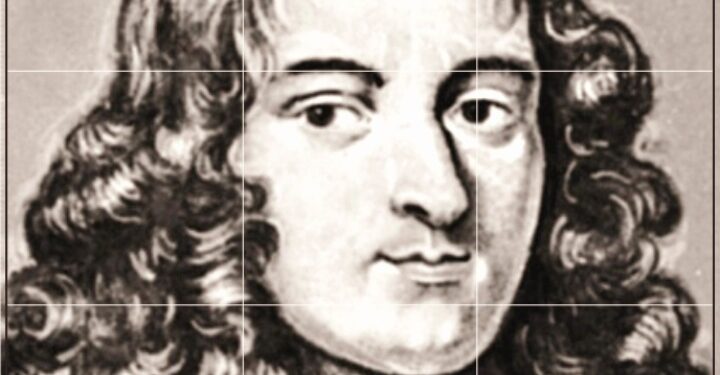Pierre Bayle: prominent French philosopher and writer
Pierre Bayle was a prominent French philosopher and writer who lived from 1647 to 1706. He was born in Carla-le-Comte, France, and is best known for his influential work in the fields of philosophy, religious tolerance, and skepticism.
Pierre Bayle early life was marked by religious conflict, as he was raised in a Calvinist family during a time of intense religious strife in France. He studied theology at the Protestant Academy of Sedan and later became a minister in the Reformed Church. However, Bayle’s intellectual journey led him to question his faith and he eventually converted to Catholicism, only to return to Protestantism later in life.
In 1681, Pierre Bayle published his most famous work, the “Dictionnaire Historique et Critique” (Historical and Critical Dictionary). This monumental work consisted of critical biographies of notable individuals from various fields, including philosophy, religion, and politics. It challenged traditional views and beliefs, promoting a skeptical approach to knowledge and emphasizing the importance of intellectual freedom.
Bayle’s ideas on religious tolerance were revolutionary for his time. He argued that religious beliefs should be a matter of personal choice and that individuals should be allowed to hold and express their own beliefs without fear of persecution. His advocacy for religious tolerance greatly influenced Enlightenment thinkers such as Voltaire and John Locke.
Throughout his career, Pierre Bayle faced controversy and criticism due to his unorthodox views. He spent much of his life in exile, living in Rotterdam, the Netherlands, where he continued his writing and intellectual pursuits. Despite the challenges he faced, Bayle’s works had a significant impact on the development of philosophical and intellectual thought in the 18th century and beyond.
Here are a few details about Pierre Bayle:
1. Influence on the Enlightenment: Bayle’s work, especially his emphasis on religious tolerance and skepticism, had a profound influence on the thinkers of the Enlightenment. His ideas challenged traditional religious authority and paved the way for the development of a more secular and rational approach to knowledge.
2. The Dictionnaire Historique et Critique: Bayle’s most famous work, the “Dictionnaire Historique et Critique,” was a groundbreaking encyclopedia that contained critical biographies of historical figures. It aimed to provide a comprehensive and objective account of various subjects, challenging prevailing beliefs and shedding light on lesser-known aspects of history.
3. Skepticism and Doubt: Pierre Bayle was known for his skeptical approach to knowledge. He questioned established truths and encouraged critical thinking, arguing that certainty was elusive and that intellectual humility was essential. His skepticism influenced later philosophers such as David Hume and Immanuel Kant.
4. Controversies and Exile: Bayle’s unorthodox views and criticism of religious institutions often brought him into conflict with authorities. He faced persecution and censorship, and as a result, he spent most of his life in exile in Rotterdam, where he continued his intellectual pursuits and writing.
5. Impact on Religious Freedom: Bayle’s advocacy for religious tolerance and the separation of church and state was ahead of his time. His writings challenged the prevailing notion that religious conformity was necessary for social order. His ideas helped lay the groundwork for the development of religious freedom and the protection of individual rights.
6. Influence on Voltaire: Bayle’s writings had a significant impact on the French philosopher Voltaire, who considered him a major influence. Voltaire appreciated Bayle’s skepticism and his defense of religious tolerance. Bayle’s ideas can be seen in Voltaire’s own works, such as his famous novel “Candide.”
Pierre Bayle intellectual contributions continue to be studied and appreciated for their impact on philosophy, religious freedom, and the development of critical thinking. His work remains relevant to this day and serves as a reminder of the importance of intellectual freedom and tolerance in society.
Details about French philosopher Voltaire in the next article.
Remember “Knowledge is the key that unlocks the doors of opportunity and empowers us to reach new heights.”
Happy Reading!!! you may also like Thomas Abbt













Comments 1